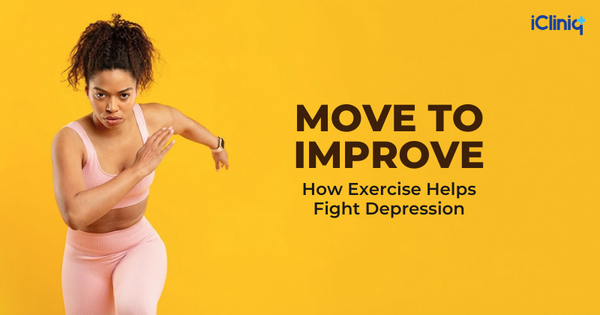Protect Your Game: Concussion Risks & Prevention Strategies
Concussions can have serious consequences. Learn how to prevent, recognize, and recover from sports-related concussions to stay safe and perform at your best.

The Super Bowl isn’t just about touchdowns and big plays—it’s also a reminder of the physical toll sports can take. One of the biggest dangers? Concussions. Whether you're a football player, a weekend athlete, or a coach, understanding concussion risks is crucial to staying in the game safely.
What Is a Concussion and Why Does It Matter?
A concussion isn’t just a bump on the head—it’s a traumatic brain injury (TBI) that affects memory, coordination, mood, and long-term brain health. Ignoring it can lead to serious conditions like chronic traumatic encephalopathy (CTE), linked to cognitive decline and behavioral changes. Protect your brain. Protect your future.
How Can You Recognize a Concussion?
Recognizing a concussion early prevents long-term damage. If you notice:
- Headache, dizziness, or confusion
- Sensitivity to light or noise
- Nausea, vomiting, or difficulty concentrating
- Slurred speech or coordination issues
Step off the field and seek medical help—playing through it can make things worse.
Recovery: When to Get Back in the Game
Rushing back to sports after a concussion is dangerous. Even Super Bowl athletes follow strict concussion protocols to avoid long-term harm. Take the right steps before returning to play:
- Rest & Recharge – Give your brain a break from screens and physical activity.
- Ease Back In – A step-by-step return under medical guidance is key.
- Listen to Your Body – If symptoms return, slow down.
- Prioritize Brain Health – Hydration, nutrition, and sleep boost recovery.
How Can You Reduce the Risk of Concussions in Sports?
While no sport is injury-proof, smart safety habits can reduce concussion risks:
- Gear Up Right – A well-fitted helmet and protective gear absorb impact and prevent injuries.
- Perfect Your Technique – Safe tackling, proper headers, and controlled movements reduce risks.
- Follow the Rules – Sports regulations exist to keep you safe—play smart, not reckless.
- Strengthen Your Neck – A stronger neck absorbs shock better, reducing the severity of head impacts.
Who Needs to Pay Attention?
Every athlete—no matter the sport, age, or skill level—needs to take concussions seriously. Coaches, parents, and teams must promote safety and educate players on the risks.
Sports should energize your passion, not risk your health. Educate yourself and practice caution, so that you may still play at your best capability while your wellbeing is in safety. Stay strong, stay fearless, and let the game flow. Whether you're on the Super Bowl field or a local court, playing smart and safe today ensures you can play stronger tomorrow!





